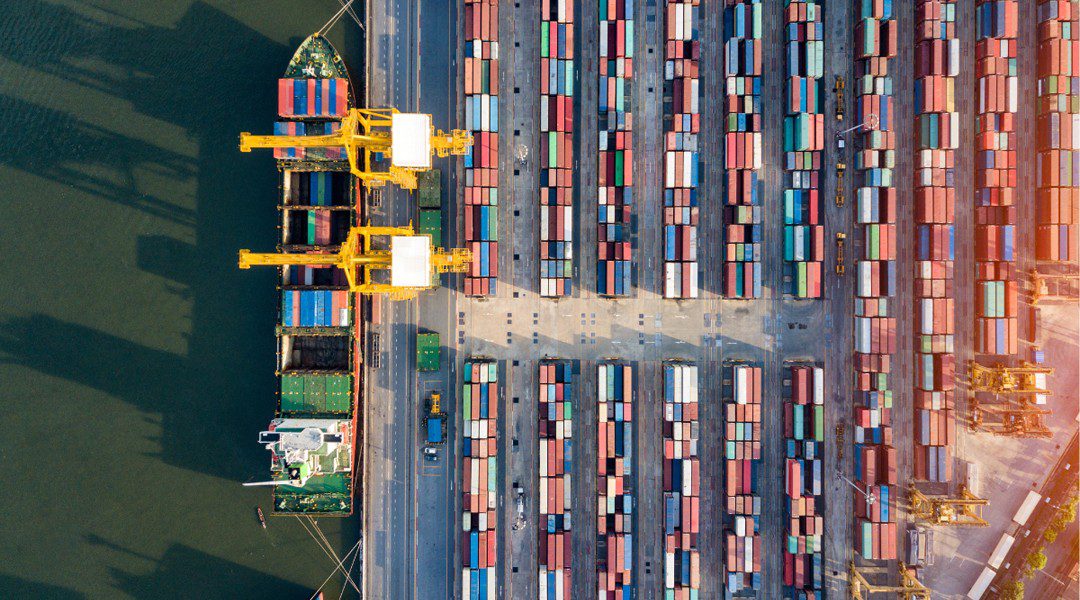Tanker owners are optimistic about market expectations for the remainder of the year due to strong OPEC exports and the potential tightening of sanctions next week.
The Baltic Exchange set the VLCC assessment at a level near $72,000 on Friday, but several chartering transactions were reported to be above $100,000. Rates showed a sharp increase in both east and west directions, with voyages from the Middle East to China approaching $75,000.
The sharp rise in rates followed several weeks of firmer deals. The latest Monthly Oil Market Report published by OPEC last week showed Suezmax rates increased by more than a third in August, and VLCCs were about 20% higher in Middle East trade. Aframax owners also benefited on some key routes.
Brokers are optimistic for the final quarter of the year. The end of the hottest months in the Middle East means export volumes will increase. Rising OPEC quotas and expectations of further increases from October are also a supportive element, while the tightening sanctions mentioned by New York-based broker Poten & Partners could be another positive development.
The failure to make progress following the highly anticipated Alaska meeting between US President Donald Trump and President Putin was a major disappointment for the G7 members Canada, France, Germany, Italy, Japan, the UK, and the US, and some have begun to demand tighter sanctions. Poten stated that the US is currently asking G7 members to impose 50-100% secondary customs duties on China and India as long as they continue to buy oil from Russia.
The broker also noted that the treatment of Russia’s frozen assets is being tightened. The US wants to create a legal pathway for the seizure of immobilized Russian state assets and for the proceeds to be used to support Ukraine’s defense.
The EU published its 18th and latest sanctions package in mid-July. This package imposes further restrictions on Russian energy, lowers the barrel price of Russian crude oil from $60 to $47.6, freezes more assets, and increases trade restrictions.
However, the most significant element of the tighter package was the ban on imports of refined products derived from Russian crude oil, even if delivered by a third country. Poten noted that the UK has meanwhile added 70 more vessels to its dark fleet tanker list.
The broker stated that new measures are being evaluated by the G7 countries and, if strictly enforced, this would create significant pressure on India and China to reduce their purchases of Russian oil. However, following the recent high-profile Shanghai Cooperation Organisation summit, the leaders of China, India, and Russia demonstrated solidarity against Western moves to limit Russian oil exports.
Poten concluded by noting: “Significant supply disruptions would drive oil prices higher and could disrupt and reconfigure trade flows. As an increasingly large portion of the tanker fleet becomes subject to sanctions, mainstream tanker owners should benefit from increased ton-mile demand not only for Aframax and Suezmax vessels but for other segments as well.”
Source:





